Surviving as a Business Owner in Debt: Lessons on Confidence, Success, and Social Responsibility
Militas / Shutterstock
Author’s note: this blog post, originally from April 25, 2022, was revised and reuploaded on September 23, 2024.
You pull up to your house after a day of meetings, put your car in park, and check your phone for messages before going inside. You’ve spent the last eight hours cramming your head full of knowledge, calling potential clients (and hearing “no” more than once), handling paperwork, and dodging as many distractions as possible. Before heading in to relax, you take a quick glance at your bank account. The reward for your hard work? A $10.58 balance with three pending transactions totaling $200. The rest of your evening will be spent figuring out how to avoid three more overdraft fees.
You can’t call the bank for help—you’ve already used your two overdraft forgivenesses for the year. So, it’s back to the credit card cash advance. There goes your weekend trip to visit friends or family. You’re about to max out another card, and no one else will consider you for a new one, despite your consistent on-time payments. But it doesn’t matter—you’d be too anxious about money to enjoy your time with them anyway. And you can’t be anxious around your loved ones. You’re a college graduate and business owner, after all—the pinnacle of American success. They’ve invested in you, cosigned for student loans, handed down their old car, helped you move in and out of dorms, and supported you during tough times in school. You’re an adult now. Financial worry is supposed to be a thing of the past.
Feeling Trapped and Alone
As you sit in your car, you wonder where you went wrong. You’ve done everything you were supposed to do, everything you’re still supposed to be doing. Maybe you should have gone out less in college. But you were just doing what everyone else seemed to be doing. What you didn’t know was that many of your friends had financial safety nets you didn’t. Their parents had been saving for years so they could coast through college debt-free. Their parents were college graduates who could pass down financial wisdom—something you, as the child of two blue-collar workers, didn’t have the fortune of receiving. But you can’t talk to anyone about this. You don’t want to worry them, or worse, appear weak.
You just need to be more confident. Then you’ll make more money. Or maybe it’s the other way around. Either way, you need those two things desperately, and you don’t care in what order they come.
The Invisible Obstacles
Former Presidential candidate Andrew Yang once said, “Poverty charges interest.” Running a business while living through poverty, especially a financial services business, gives you a unique perspective on just how true that is. Poverty punishes you in ways your debt-free peers and second-generation business owners could barely understand. To them, it’s an even playing field—everyone just needs to work hard to succeed. They don’t know what they don’t know, and it’s hard to blame them for that. But it’s also hard not to feel bitter, especially when their limited perspective and inherited power start impacting real people who are struggling as you did.
But you can’t think about that now. You have to focus on your business. There isn’t another option.
Pushing Through the Struggle
It’s impossible to believe at this stage, but pushing through does get you there. You’ll eventually turn a profit and build your confidence—not necessarily in that order, and not in lockstep. It’s more of a back-and-forth that slowly climbs (and occasionally tumbles). And when your head is finally above the murky swamp of debt and financial stress, you’ll have a perspective many of your peers don’t share on what it means to be an entrepreneur in America.
Your college peers will be amazed that you could possibly support policies that go against the typical “business” world mindset. Your superiors will wonder why you spend time advocating for change when you could use that time to grow your business. But now that you can breathe, you can’t believe the lie you’ve fallen for.
A Call to Action
You realize that you barely made it through, and you probably only did because of your support system. Sure, it wasn’t as endless as your college friends’ resources, but it was still there—something not afforded to orphans, abuse victims, minorities, and those struggling with intergenerational poverty. You fell into the swamp, but they grew up in it. Now that you’ve been there, you can’t ignore their struggles. You have to help them out, because they were you once—and could be you again.
Many people believe the murky swamp of poverty is a white sand beach people can just get in and out of whenever they choose. They’ve never been in the water. They’ve never been anywhere close, or they’d know it’s not a place anyone would choose to go—or stay—no matter how they got there.
You have to fight the good fight. You now understand that running your business isn’t just about profit—it’s about making a difference. The swamp is deep and merciless, and it’s only a misstep or a series of misfortunes away from you or anyone else. Worse yet, you’ve seen how many are in it right now, struggling to stay afloat. You must help them get out, because they deserve a chance to succeed, just like you.
Signed, a once-impoverished business owner in America.
About the author
Scot Whiskeyman is an author and business owner. He is a partner at Providers & Families Wealth Management where he is a CERTIFIED FINANCIAL PLANNER™.



